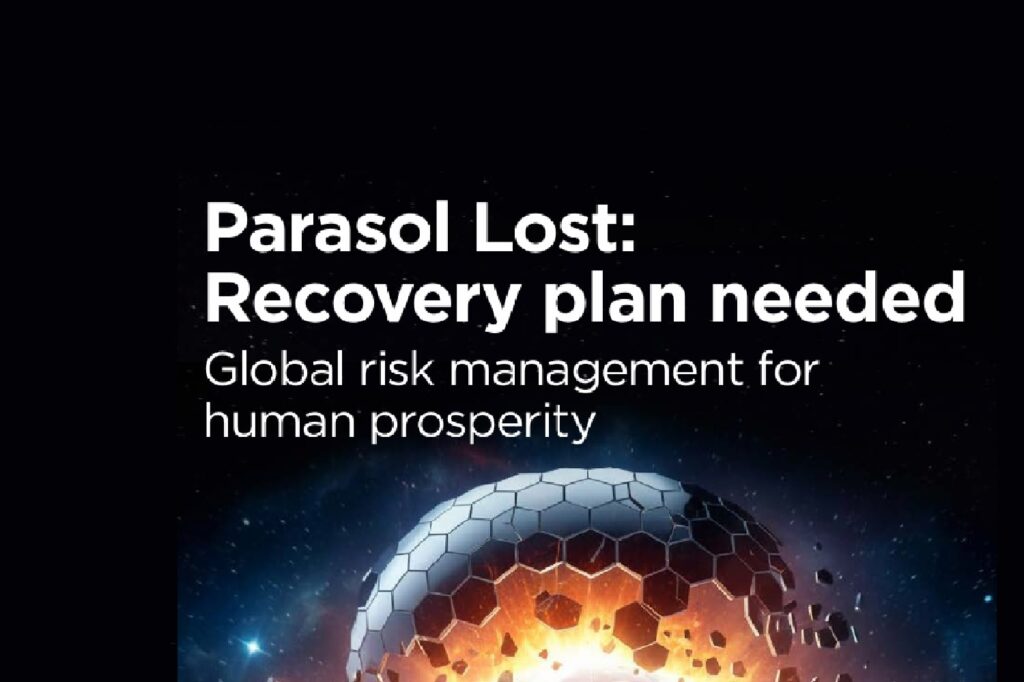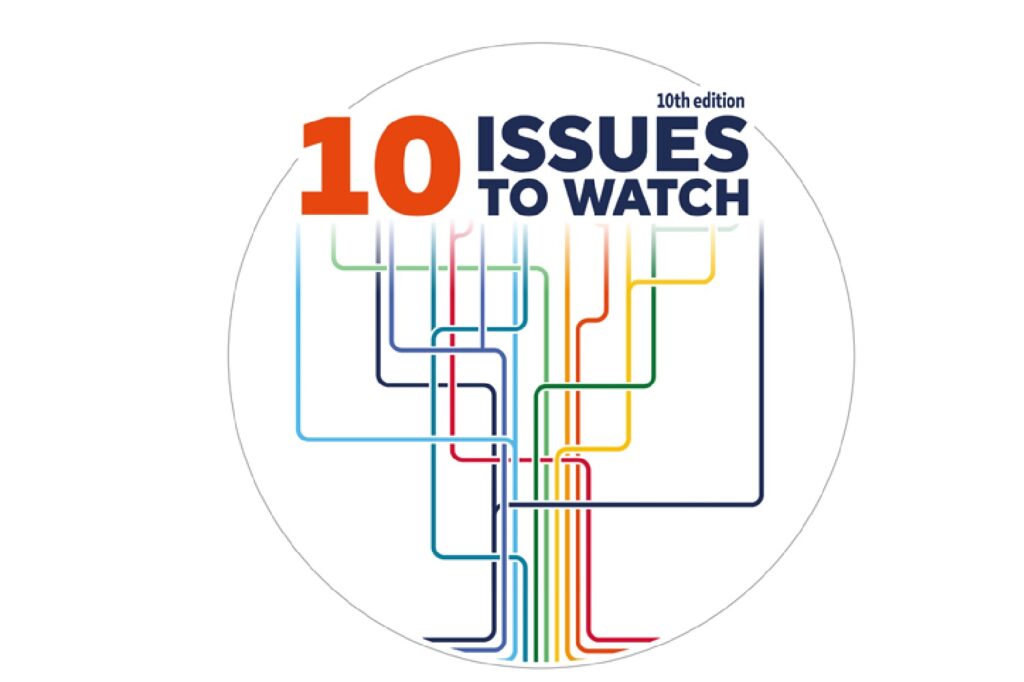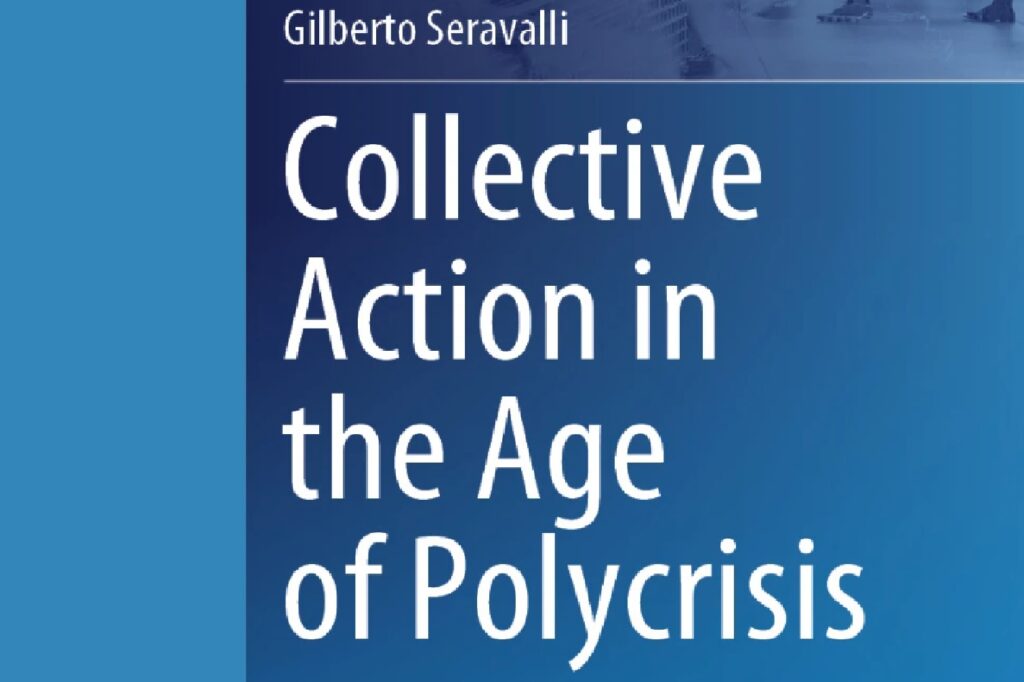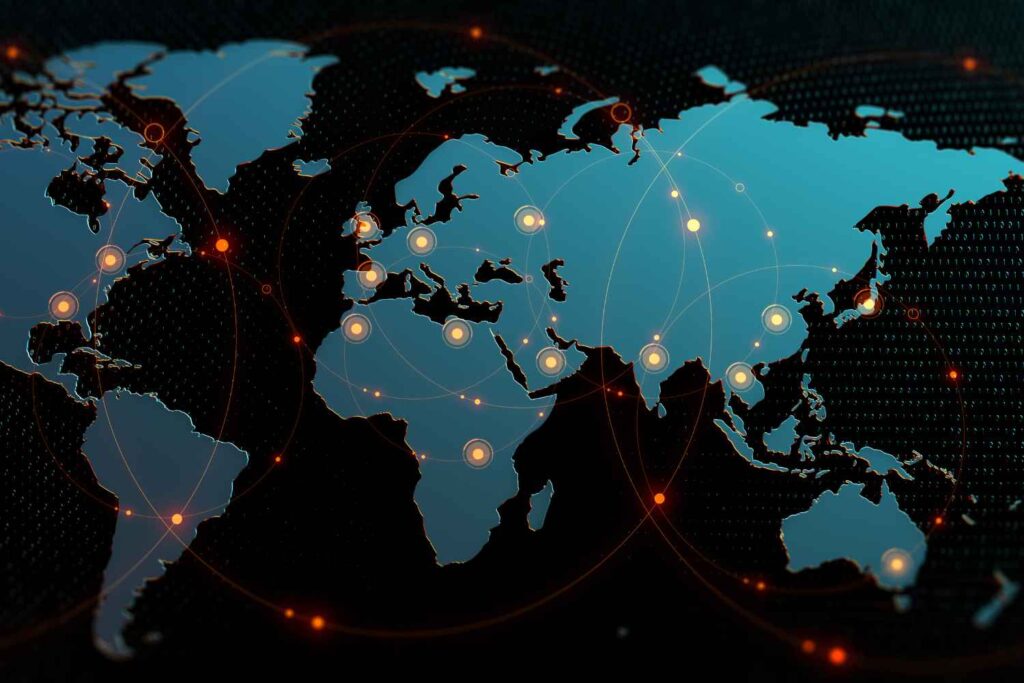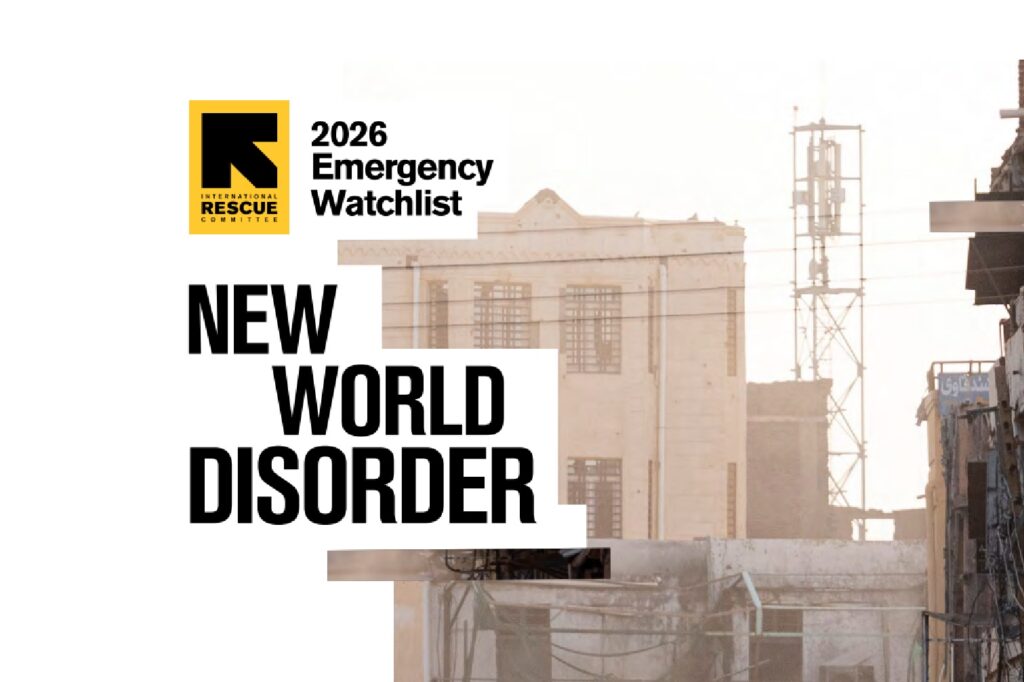Parasol Lost Report
This report addresses the escalating risk of “planetary insolvency,” a systemic breakdown driven by accelerating climate change and ecological destabilization. It highlights that global temperatures are rising faster than predicted, partly due to the loss of “aerosol cooling”—a hidden sunshade effect caused by air pollution that has offset approximately 0.5°C of warming. The report warns […]
Parasol Lost Report Read More »

